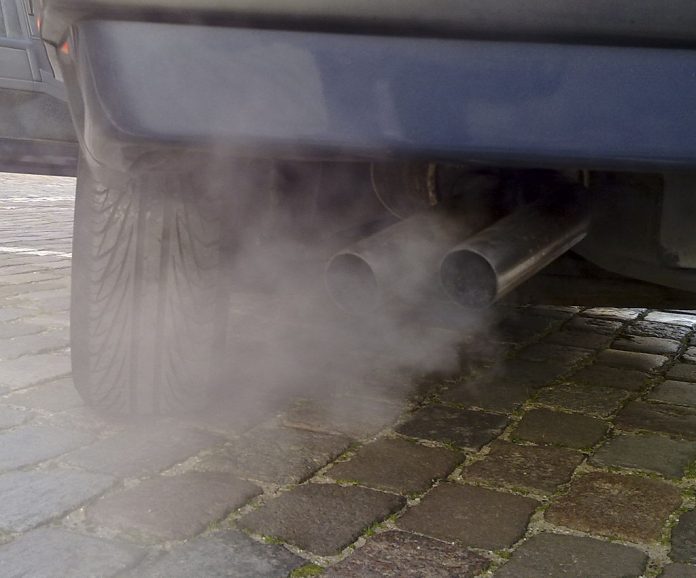Excessively steep cuts in carbon dioxide emissions limits on cars and vans could harm the industry and cost jobs, according to the European carmakers’ lobby. Its warning on October 1 came in response to an upcoming vote by the European Parliament on the new targets.
EU lawmakers will vote on October 3 on imposing a stricter CO2 limit of 45% by 2030 than the EU executive’s initial proposals of 30%.
“The more aggressive the CO2 reduction targets are, the more disruptive the socio-economic impacts will be,” Erik Jonnaert, the head of the European Automobile Manufacturers’ Association (ACEA), said in a statement.
As reported by the Reuters news agency, weighing in on a clash between concerns about industry competitiveness and climate goals, ACEA said that tougher limits could slow growth in a sector which it said employs over six percent of EU workers.
“The stakes of Wednesday’s vote are extremely high for the entire sector,” Jonnaert said.
He added that while carmakers are investing in electric vehicles, sales are still low, and governments should invest more in charging infrastructure and buy-side incentives.
In related news, a new poll conducted by Ispos Mori for Transport & Environment, an NGO that represents 53 organisations (mostly environmental groups) from 26 countries across Europe, found that nearly two-thirds want carmakers to do more to sell electric cars.
According to the group’s press release on October 1, between 5-12% of citizens across the countries surveyed say it is very likely they’ll buy an electric next. A third of those polled (24-48% in different countries) say it is somewhat likely that the next car they buy or lease will be electric or hydrogen-powered.
This suggests that a significant proportion of consumers are open to buying an electric car. Most carmakers are forecasting 20-25% sales of electric cars by 2025 and the survey results suggest there is demand if they can bring down prices with increasing production.
Italians and Spaniards (both 48%) are most likely to say that they would be somewhat likely to buy or lease an electric or fuel cell car as their next vehicle, while the French and Germans (24% and 25% respectively) are least likely to say the same thing.
What is more, the survey showed that 62% of Europeans think that carmakers are not doing enough to sell electric vehicles by attractive marketing, pricing and offering enough choice. This includes 72% of French people, 68% of Germans and 67% of the British surveyed – the three biggest new car markets in the European Union.
“Europeans are open to buying electric cars, but carmakers aren’t doing enough to offer attractive, affordable electric models,” said Greg Archer, clean vehicles director of T&E. “This is the single biggest obstacle to a faster shift to electric mobility. Citizens want carmakers to do more and governments should set ambitious CO2 standards to ensure they do so.”
According to Archer, there is strong public support across the nine EU countries surveyed (Belgium, France, Germany, Great Britain, Hungary, Italy, Poland, Spain and Sweden) for ambitious policies to clean up cars now. “A significant majority of Europeans surveyed think that the government should require carmakers to sell electric cars in their country. The clear message from this survey is that citizens expect their government to be far more ambitious about driving the shift to low and zero-emission vehicles than what the European Commission and the German government are proposing.”

